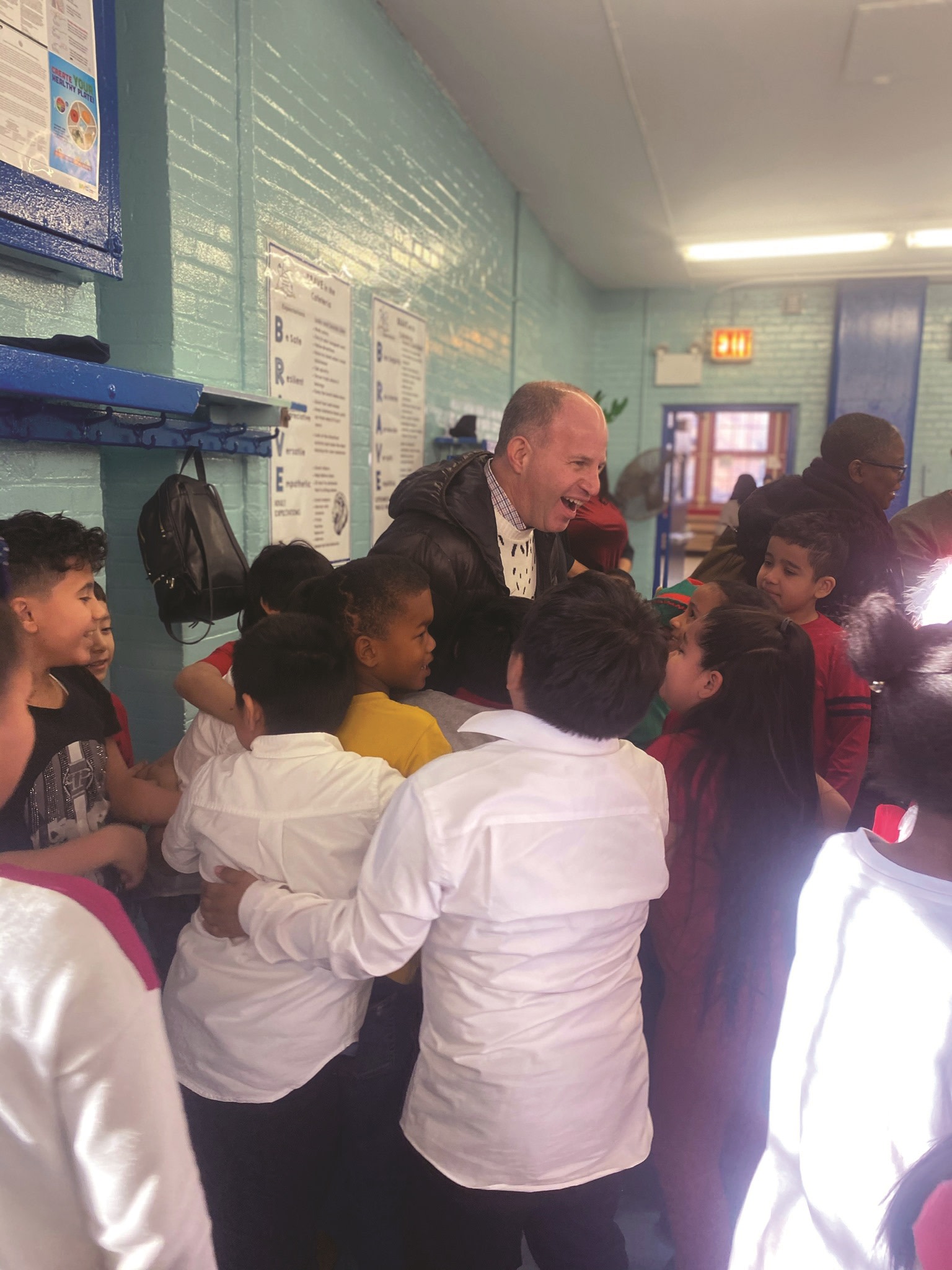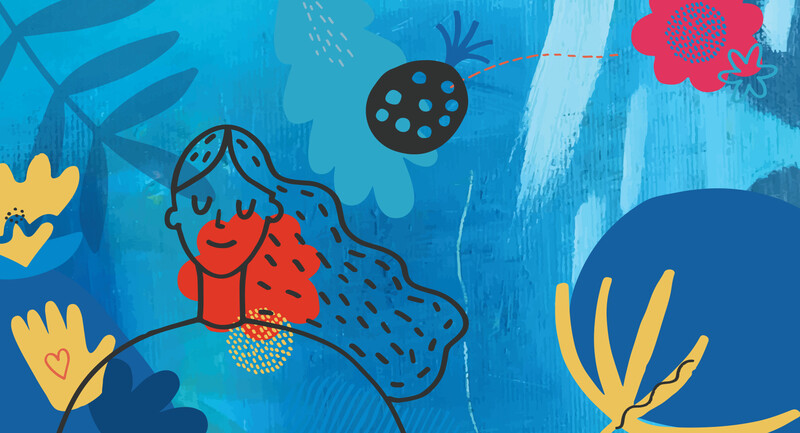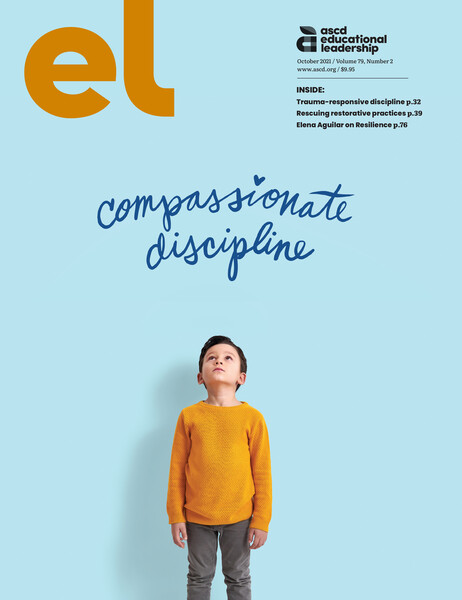Believing in Our Students
I met Michael when he was a kindergarten student. I had his brother in my 6th grade classroom. Michael was "naughty"—fights mainly. By the time he reached 5th grade, everyone in the school knew him—and not in a good way. When making 6th grade classroom assignments, I requested Michael. Many of the other teachers didn't understand my request, but I felt like I could reach him if I tried and that he needed someone who believed in him.
I cared about Michael, and he cared enough about me to at least behave in my classroom (though he still had some fights in unstructured areas). He would now tell you (25-plus years later) that the life skills I expected (care about people, be on time, get your work done, etc.) helped him. He called me 20 years ago to let me know he was a police officer, and it was the belief I had in him that helped him not end up on the other side of the law. He sensed most of his teachers thought that is where he would be. I have had Zoom conversations with him several times over the past few months, and he is doing really well. It is great to see Michael and his son find success and purpose.
—Deborah Schraeder, professional learning consultant, Educational Service Unit #3, La Vista, Nebraska
"I Can Try"
First-grader Grant (a pseudonym) was an "I can't! This is too hard!" student. He would cry anytime he perceived a new task as challenging. Grant especially fell apart each time he needed to read a new book. In introducing a new book, my class and I would normally picture-walk through the book, and I would point out unfamiliar words before each student began reading. This time, I asked each student to find words in the book they could read. After a few moments of this, I asked Grant to read the words on the first page that he knew. He read the brief sentence accurately. As the group worked their way through this new read, I stuck with Grant, asking him on each page what he knew and using his knowns to figure out what he didn't know. From then on, Grant and I would talk about what he knew each time he read so he gained confidence in his ability to figure out unknowns. The joy came in 2nd grade when I asked Grant if he was ready for the next level of readers, and he replied, "I can try it."
—Aimee J. Jahns, retired reading specialist, Oak Creek-Franklin Joint School District, Oak Creek, Wisconsin
Give Them a Chance to Lead
As a specialty art teacher, I moved from class to class. While teaching art to a 3rd grade class on a Monday afternoon, one young man was disruptive and not following the rules, so I reprimanded him. My next class was 1st grade, and I decided to ask that student to come with me and got permission from his teacher. While we walked, I took the opportunity to have a one-on-one conversation with him and requested his help with the 1st graders. He relished this opportunity and connected with and supported the 1st graders. Thankfully, his behavior improved as a result of this mentoring experience. I hope he remembers this leadership learning and turnaround opportunity.
—Todd Feltman, adjunct assistant professor, Hunter College, New York
Art teacher Todd Feltman and his students.








